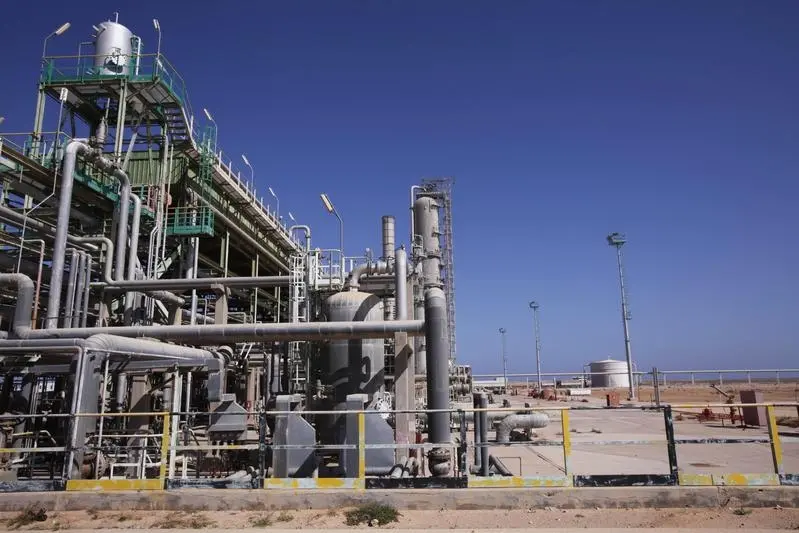PHOTO
Libyan oil exports fell around 81% last week, Kpler data showed, as the National Oil Corporation cancelled cargoes amid a crisis over control of Libya's central bank and oil revenue.
The standoff began last month when western Libyan factions moved to oust a veteran central bank governor, prompting eastern factions to declare a shutdown to all oil output.
Libyan ports shipped 194,000 barrels per day (bpd) on average of crude last week, down about 81% from just over 1 million bpd in the previous week, Kpler's data showed.
Although Libya's two legislative bodies said last week they agreed to jointly appoint a central bank governor within 30 days, the situation remains fluid and uncertain.
The United Nations Support Mission in Libya (UNSMIL), which is attempting to defuse the crisis, said on Tuesday it would resume facilitating talks on Wednesday in Tripoli.
NOC, which manages Libya's fossil fuel resources, has not declared force majeure on all port loadings and has so far opted to use the measure on individual cargoes, trading sources with knowledge of the matter said.
The state-owned oil firm did not immediately respond to a request for comment on Wednesday.
It had declared force majeure on all crude production at El Feel oilfield on Sept. 2 and on exports from the Sharara field on Aug. 7, before the crisis over the central bank began.
NOC last week cancelled several Es Sider cargoes, Reuters reported and two trading sources told Reuters NOC has also cancelled cargoes of the Amna and Brega crude grades.
Some tankers have been allowed to load crude from storage at Libyan ports to fulfil contractual obligations and avoid financial penalties, an NOC source has told Reuters.
NOC said on Aug. 28 that oil production had dropped by more than half from typical levels to about 590,000 bpd. It was not immediately clear where production levels now stand.
(Reporting by Ahmad Ghaddar in London and Yousef Saba in Dubai; Editing by Alexander Smith)





















